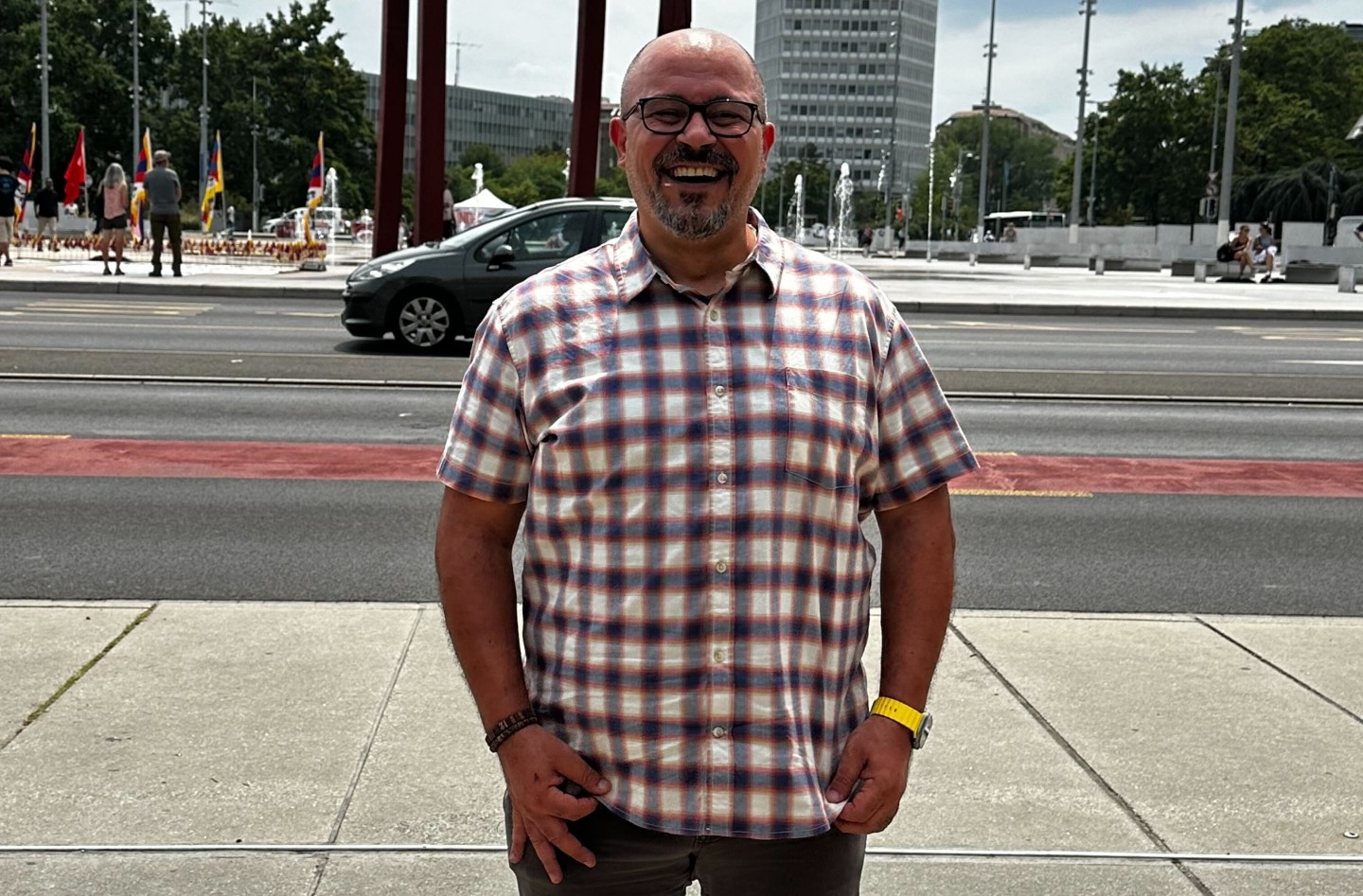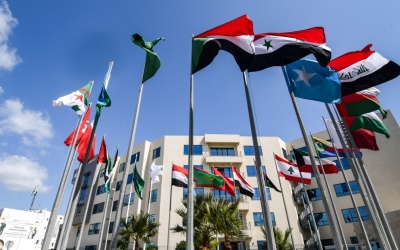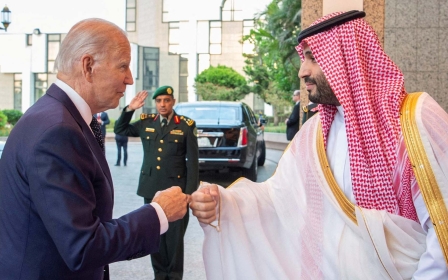Egyptian-American activist sues Interpol, Egypt and UAE after detention in Dubai

An Egyptian-American activist has filed a federal lawsuit in the US alleging he was kidnapped and unlawfully imprisoned for over 40 days in Dubai last year.
Sherif Osman, a former Egyptian Air Force captain who has lived in the US since 2004, is suing Egypt, the United Arab Emirates, Egyptian President Abdel Fattah al-Sisi, the Arab Interior Ministers Council (AIMC), and Interpol for their alleged roles in his detention.
Osman was visiting family in the UAE - which he had travelled to at least four times since 2014 without incident - when he was arrested at a Dubai restaurant on 6 November 2022.
Osman has said he was not presented with an arrest warrant when he was seized by plainclothed officers and was only told hours later that Emirati authorities had acted on an extradition request from Egypt. He was released on 22 December after the US government intervened.
The lawsuit alleges that it was 31 videos Osman posted to his YouTube channel, calling for peaceful protests in Egypt ahead of the Cop27 climate change conference, which triggered his detention.
Stay informed with MEE's newsletters
Sign up to get the latest alerts, insights and analysis, starting with Turkey Unpacked
According to the complaint filed on Thursday in the US District Court in Washington, DC, Egypt and other defendants sought to extradite Osman “to chill and terrorise other dissidents in the United States and elsewhere”.
At Egypt’s direction, the suit alleges, Interpol and the AIMC, a security body run by Arab League members, issued red notices to UAE law enforcement to locate and imprison Osman.
On 15 November, when a US State Department official working at the US Consulate inquired about Osman's case with Emirati officials, he was told that Interpol had issued a red notice against Osman and assigned him case number #138/2022, according to the complaint.
However, a week later, when UK-based NGO Detained in Dubai published information about Osman's case on its website, Interpol contacted the organisation's CEO Radha Stirling to say there was "no red notice or diffusion" for him, the complaint says.
Stirling shared the information with the US State Department official. On 30 November, the complaint says he told her that UAE officials were now telling him that Osman had been arrested as the result of an AIMC red notice.
Sometime during that week, the lawsuit alleges, Interpol and AIMC "colluded to shift the purported justification for Plaintiff Osman’s imprisonment from an Interpol red notice to an AIMC red notice".
'Need for accountability'
In an affadavit, Osman said he has been receiving treatment for post-traumautic stress since his detention and feels anxiety whenever he leaves his home.
He lost a $250,000 from a Dubai-based investor in his start-up company and has been scared to be politically active though says he plans to start speaking out again.
He told Middle East Eye that he felt the lawsuit was important because others who are believed to have been extradited for political reasons or by similar means don't often have the chance.
"Transnational repression victims usually end up on the wrong side of the story because they go to countries requesting them for brutality or repression," he said.
He cited the case of Khalaf al-Romaithi, an Emirati-Turkish dual national detained in May on an UAE warrant, believed to have been circulated by the AIMC, during a visit to Jordan. Romaithi was convicted in absentia in the country's largest ever mass trial, described by rights groups as grossly unfair.
Romaithi disappeared from Jordan before his case went through scheduled court hearings. The UAE's state-run news agency reported that he had been "received" in the UAE, but his exact whereabouts and condition remain unclear.
Osman said he was eager to have his ordeal examined thoroughly and judged. "They said that they've done everything legally," he said. "Let's examine that before the court of law."
One of Osman’s lawyers, Jim Walden of the Walden, Macht, Haran law firm based in New York City, said the case will shed light on the “urgent need for accountability and reforms” within Interpol and the AIMC.
“It is deeply troubling to witness how Interpol - an organisation we rely on to maintain international security - could be manipulated to unlawfully detain individuals at the behest of autocratic dictators,” Walden said.
The AIMC and Interpol did not immediately respond to Middle East Eye’s request for comment, nor did the Egyptian or Emirati embassies in the US.
Middle East Eye delivers independent and unrivalled coverage and analysis of the Middle East, North Africa and beyond. To learn more about republishing this content and the associated fees, please fill out this form. More about MEE can be found here.





